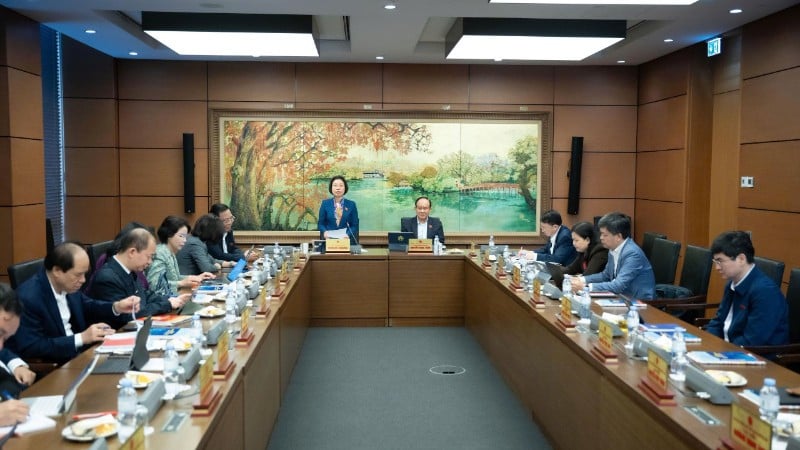
On the morning of November 5, continuing the 10th Session, the National Assembly discussed in groups the draft Law amending and supplementing a number of articles of the Law on Intellectual Property.
Concerns about risks when allowing self-determination of intellectual property value
Clause 4, Article 1 of the draft Law (supplementing Article 8a after Article 8 of the Intellectual Property Law) stipulates that owners are allowed to self-determine the value and establish a separate management list for intellectual property rights that do not meet the conditions for recording asset value in accounting books.
Commenting on this content, delegate Nguyen Tuan Anh ( Can Tho Delegation) emphasized that the value of assets in accounting books must strictly comply with accounting and financial standards. Meanwhile, the draft Law has not yet clarified or referred to any legal provisions on the content of conditions for recording asset value in accounting books.
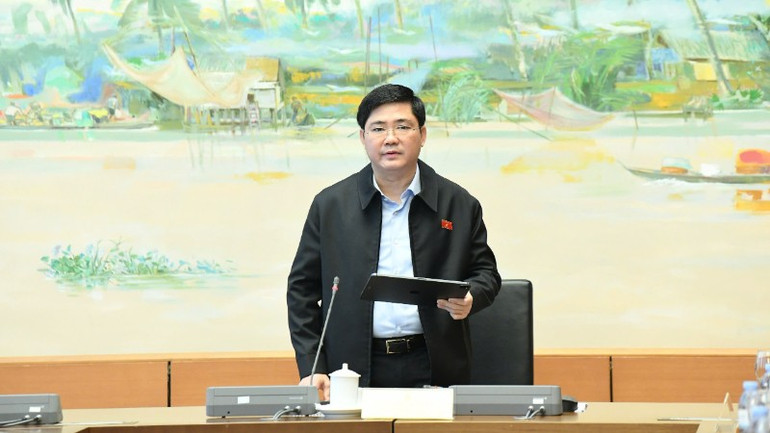
According to the delegate, if there is no unified understanding, it will lead to different applications in practice, affecting commercial transactions, capital contributions, and capital mobilization. Therefore, the delegate suggested that it is necessary to clarify the law and provide guidance on the conditions for recording asset values in accounting books.
“Does the regulation on allowing self-determination of value when contributing capital/mobilizing capital contain risks regarding transparency and objectivity? Could it lead to legal evasion, inflating asset values, causing damage to shareholders and other investors?” the delegate asked.
The delegate also pointed out that the listing of separate assets may violate the prohibitions in accounting law. Specifically, Article 13, Clause 3 of the Accounting Law strictly prohibits the act of leaving out of the accounting books the assets and liabilities of the accounting unit or those related to the accounting unit. Without detailed instructions on separate management, it may lead to legal conflicts or violations of implementation.
“There needs to be more detailed, transparent and objective regulations in determining the value of intellectual property rights to avoid creating future legal risks as well as asset management,” the delegate noted.
On that basis, delegate Nguyen Tuan Anh proposed that, in addition to Clause 2, Article 8a on the Government's responsibility to prescribe general principles on determining value, it is necessary to study additional independent control mechanisms for capital contribution transactions.
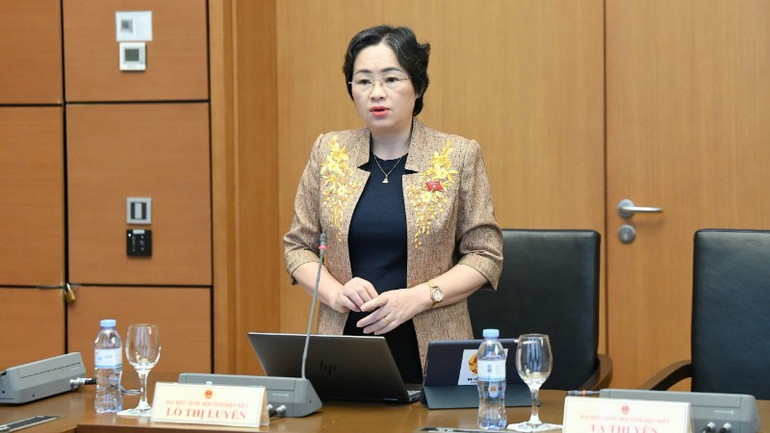
Sharing the same view, delegate Lo Thi Luyen (Dien Bien Delegation) also said that allowing intellectual property owners to determine their own value could lead to dishonesty in valuation, such as overvaluation compared to the real value or inaccurate valuation, which could be too low or too high.
According to the delegate, this may lead to difficulties in transactions when intellectual property owners use intellectual property rights to conduct commercial transactions, contribute capital, or mobilize capital, or when disputes arise, competent authorities will also face difficulties in handling them.
Therefore, the female delegate suggested that the content of intellectual property owners being allowed to self-determine the value and create a separate list for management should be assigned to the Government to specify the detailed records and procedures for self-determining the value, and it should be considered to have regulations assigning a State agency to appraise the value or an independent appraisal organization to ensure transparency and fairness in transactions related to intellectual property rights.
Protecting copyright in digital space, responding to challenges from artificial intelligence
Pointing out the current reality, artificial intelligence has created works such as music, literature, art..., the delegate (Can Tho Delegation) suggested that there should be clear regulations on copyright, for the works created and identifying the owner of the rights and responsibilities of programmers, of intermediary service providers and an inter-sectoral coordination mechanism, in handling disputes, when copyright infringement occurs.
Also according to delegate To Ai Vang, press agencies and reporters need a legal corridor to protect their legitimate rights and interests, giving them more motivation to invest in original, high-quality content, promoting creativity and innovation in professional journalism activities and promoting sustainable development of the media industry in the context of the digital economy and implementing international commitments on intellectual property.
Regarding the State's policy on intellectual property, the delegate said that although the draft Law has amended and supplemented new policies. However, the reality in the development of the digital economy and new technology poses many challenges, requiring additional policies. Specifically, the delegate suggested that it is necessary to supplement policies on artificial intelligence to determine who is the owner of works and inventions created entirely by artificial intelligence and the legal status of artificial intelligence in creative activities, and who is legally responsible when artificial intelligence violates the intellectual property rights of others?
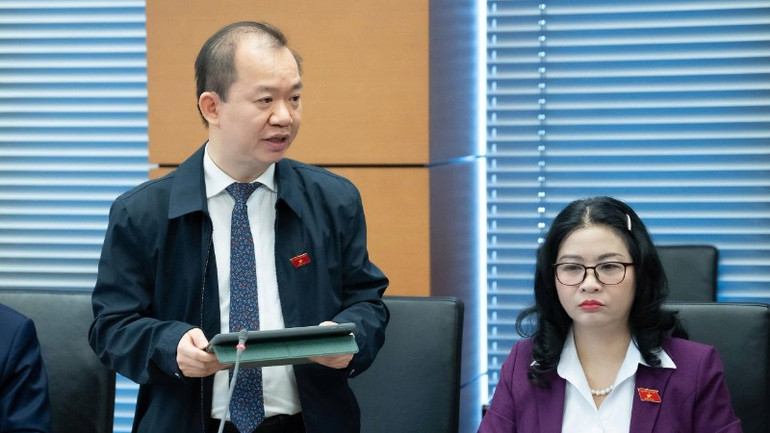
Citing digital culture, TikTok or YouTube often face problems with disputes over original content or derivative content, delegate Bui Hoai Son (Hanoi City Delegation) suggested that the draft Law clarify the mechanism for authenticating the origin using technology (for example: Watermark, Blockchain or Content ID). At the same time, it is also necessary to clarify the time limit for quickly handling online content disputes to avoid losing the author's market.
Regarding the responsibility of digital platforms and artificial intelligence governance, delegates said that the draft Law has not yet deeply mentioned the responsibility of cross-border platforms and artificial intelligence content.
Accordingly, the delegate proposed adding a new clause, stating: “Digital platforms or artificial intelligence platforms must be responsible for removing infringing content upon request, preventing re-posting, making transparent the source of artificial intelligence training data, and not commercializing AI content created from works without permission.” This is a very important legal shield for Vietnamese artists against Big Tech.
Source: https://nhandan.vn/lam-ro-trach-nhiem-phap-ly-khi-tri-tue-nhan-tao-vi-pham-quyen-so-huu-tri-tue-post920723.html







![[Photo] Opening of the 14th Conference of the 13th Party Central Committee](https://vphoto.vietnam.vn/thumb/1200x675/vietnam/resource/IMAGE/2025/11/05/1762310995216_a5-bnd-5742-5255-jpg.webp)


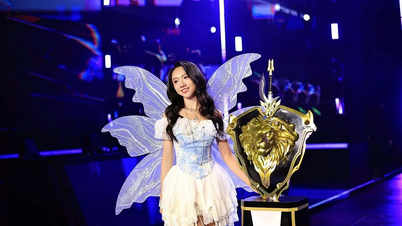


![[Video] Not Alone - Online Safety Day](https://vphoto.vietnam.vn/thumb/402x226/vietnam/resource/IMAGE/2025/11/05/1762347906381_sequence-0100-00-17-02still001-jpg.webp)
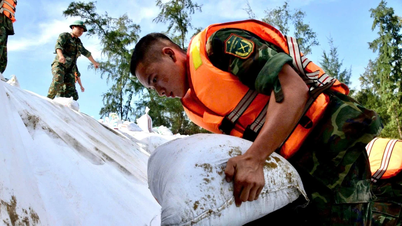




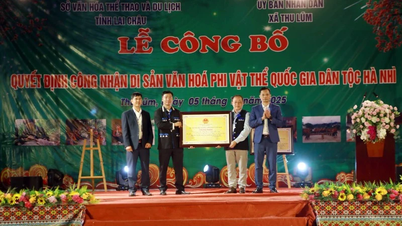

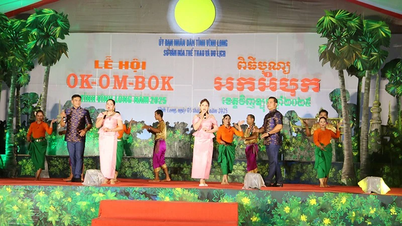
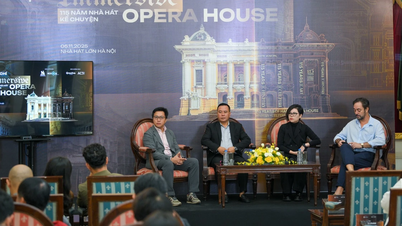
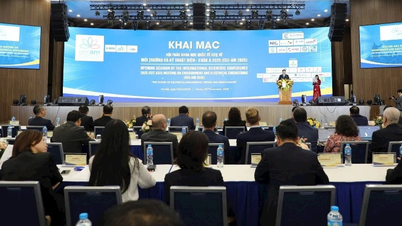


![[Photo] Panorama of the Patriotic Emulation Congress of Nhan Dan Newspaper for the period 2025-2030](https://vphoto.vietnam.vn/thumb/1200x675/vietnam/resource/IMAGE/2025/11/04/1762252775462_ndo_br_dhthiduayeuncbaond-6125-jpg.webp)




































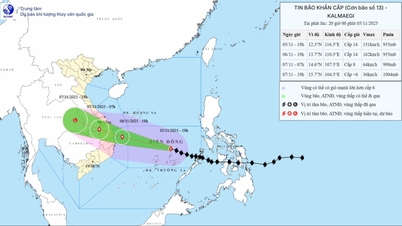














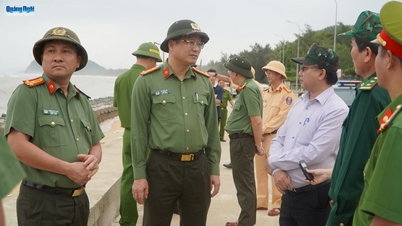
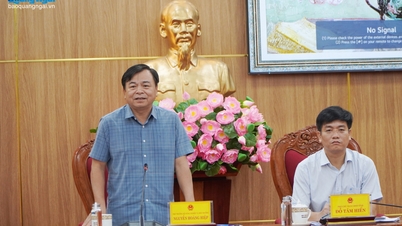


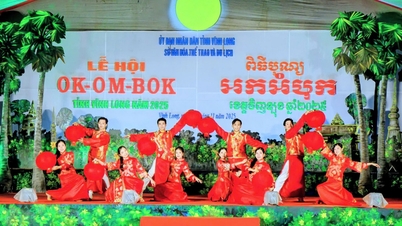


















Comment (0)